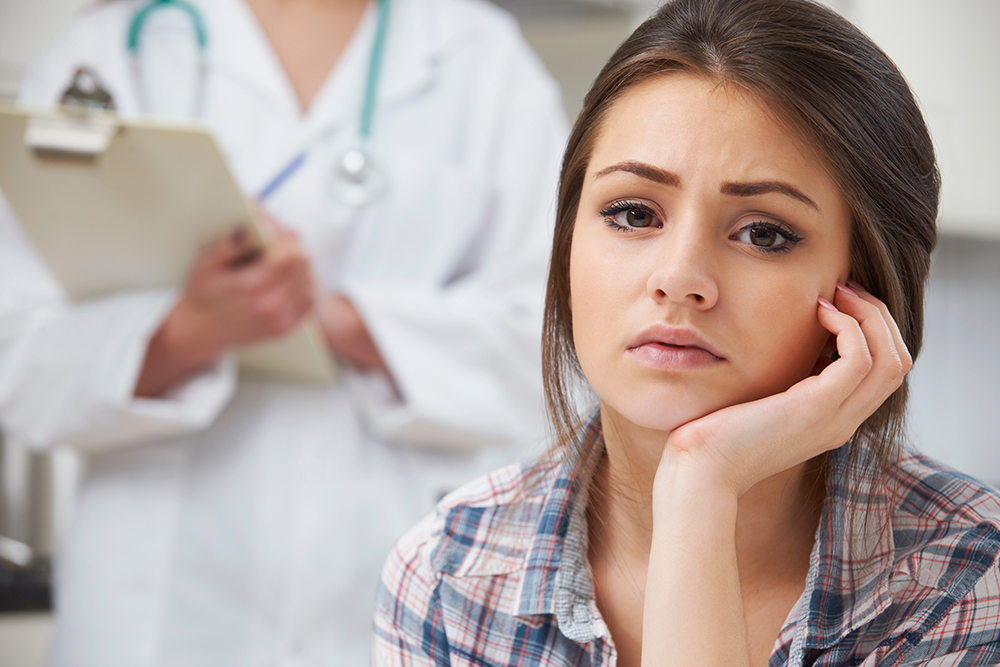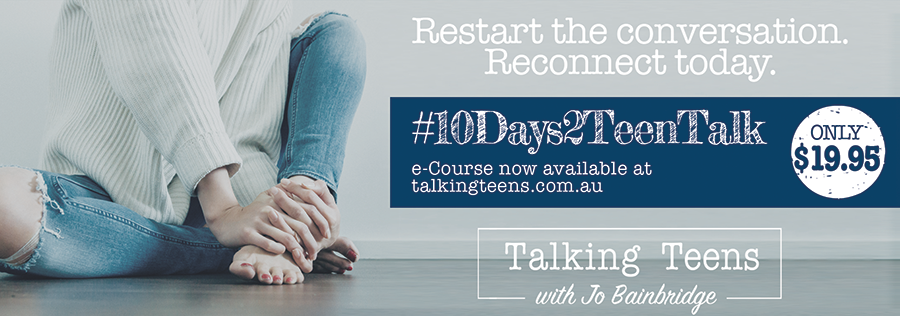
In the 55 years it has been available in Australia, the contraceptive pill has transformed from being a difficult to obtain form of family planning for married women, to a readily available remedy for all manner of female hormone related ailments. What has also changed is the ages of the women taking this medication, with girls as young as 14 able to obtain the pill without parental consent. But what impact is this having on our daughters? Is the pill the answer to all that ails them? And is it truly safe for them? Sarah Hausler investigates.
At the time of its public release in 1961, Australia was only the second country in the world to allow the prescription of the pill – following its introduction in the US the previous year. In those early years the availability of the pill heralded a revolution for women’s sexual and reproductive freedom, as well as for family planning. In its infancy, the pill was only available to married women, and hence was purely used for its intended purpose – to prevent unwanted pregnancies.Today however, in 2016, the contraceptive pill is one of the most widely prescribed medications in Australia, and its scope is expanding with regard to who is being prescribed this medication, and for what reason.
The pill is now regularly prescribed to women of all ages – often as young as 14 years of age, or younger with parental consent. And the pill is no longer just a tool for contraception, now commonly prescribed to manage a wider range of issues such as acne and irregular, painful or heavy menstrual cycles.
But is it safe?
Particularly, is it safe for our teenage daughters, whose young bodies are still maturing and developing? It’s a common question asked by many parents querying the use of the pill for their daughters.
Sexual Health and Fertility Educator, Allison Macbeth, says like any medication, the contraceptive pill can have both positive and negative impacts on a person’s health, and the most important consideration is to make sure parents and teens are fully informed about the full implications of taking the pill.
“My concern with the pill, and other hormonal contraception in general, is that women are not being given all the information about how it can affect their bodies and so they are not making fully informed decisions,” Ms Macbeth says. “This is a disservice to women and can be a cause of anger and exacerbated health issues once they learn more about how their body was affected. Many young girls might not feel they have any other option and that the pill is the only choice for them, when there are actually other good options that they may prefer if given the chance.”
Society today doesn’t educate girls to properly understand and respect how their reproductive system works and how it impacts their entire body and lifestyle
While she agrees the pill can be the right choice for some women, she is also concerned it is being given too freely to teenagers without taking into account the effects on their young developing bodies.
“Teenage girls’ reproductive systems have not finished maturing, which can take five to ten years after their first period,” she says. “By taking the pill they are stopping this development. When she stops the pill later in life her body will finish maturing, but it will take longer and there are other things to consider. For example, research shows the regular cycling of hormones during the menstrual cycle has positive impacts on bone growth, heart health, and breast health, and by stopping the natural hormone cycling by taking hormonal contraception, these teenage girls are not getting these good effects on their bodies in the crucial developing years.”
If not the pill, then what?
Ms Macbeth is a strong advocate for the use of condoms as the preferred contraceptive for teenagers, due to their double benefit of preventing both pregnancy and the transmission of sexually transmitted infections.
“When used properly condoms are up to 98 per cent effective at preventing pregnancy, and if there is a condom failure I believe that emergency contraception should be readily accessible for young women,” she says.
“In terms of contraception, I think we give young girls the pill because we are scared of teenage pregnancies and don’t trust teenagers to be responsible with using condoms. Given the chance, I think many young people would responsibly use condoms and these are a great option and highly effective.
“Another option could be the copper IUD, which can be left in for about five years. Of course the best contraception will be different for each person, which is why it’s so important they are able to make informed decisions about their choices.”
The impact goes deeper than side effects
There is currently research to suggest that short term side effects of the pill include weight gain, clearer skin, headaches, dizziness, breast tenderness, nausea, breakthrough bleeding, decreased libido and mood swings, while longer term impacts can include menstrual irregularities, absence of periods, fertility issues, and an increased chance of beast cancer and ovarian cancer.
However, Women’s Health Practitioner and founder of the Girl to Woman Project, Sara Harris also has concerns about how the use of the pill affects teenage girls on a more fundamental level. She suggests that when the pill is prescribed as a first line option for contraception or treatment of another condition, it can lead young women to become disconnected from their menstrual cycle and therefore to an integral part of what makes them a woman.
“Society today doesn’t educate girls to properly understand and respect how their reproductive system works and how it impacts their entire body and lifestyle,” Ms Harris says.
“A girl can grow up and through her entire life, not understand the true meaning of her menstrual cycle.”
She fears our current generation of teenage girls are being prescribed the pill so frequently because people feel there are no other options to treat the range of hormonal conditions being faced by young women.
“I see rates of period pain, irregularities, poly-cystic ovarian syndrome, endometriosis, pre-menstrual tension and other menstrual issues consistently rising,” says Ms Harris.
Teenage girls’ reproductive systems have not finished maturing, which can take five to ten years after their first period
“Our periods and our fertility have become medicalised as if we need to fix something, as if we are inherently broken or inconvenienced. We are used to the ‘quick fix’ mentality and often feel at the mercy of such things as the pill, thinking that there is just no other option, when in fact there is more that we can do to support ourselves than we allow or that we are educated on.
“There are extreme cases where girls do need a break from the severity of the symptoms they may be experiencing and the pill can be a way to provide this in the short term. However, a treatment plan can still be implemented, whilst looking at other areas of the body and lifestyle that may need attention and adjustments in order to bring the reproductive system back into balance.”
Is there an impact on long term fertility?
Among the most contentious of concerns surrounding this issue is the question of whether or not early or prolonged use of the pill will affect a teenager’s long term fertility. Ms Macbeth explains that while the pill may not cause infertility, it can certainly create a situation where a woman’s body may need several years after she stops the pill to get back to normal healthy cycles that allow her to be fertile.
“Many women don’t know this,” says Ms Macbeth. “So when they’ve been on the pill for years and then stop when they want to have babies, they cannot become pregnant. This is only a temporary infertility, and if she gives her body time to recover normal cycles, and helps her body along with diet and lifestyle, she will likely be fertile again.”
It’s contraception. Not a cure.
Both Ms MacBeth and Ms Harris are working to spread the message that the pill is rarely an effective treatment for many of the hormonal related conditions for which it is prescribed.
“The pill does not ‘cure’ any health issues,” says Ms MacBeth.
“It’s only a band-aid and as soon as a woman stops the pill any health issues that were there before will come back.
“Too often women are told that the pill will regulate their cycles or cure PCOS, but it doesn’t – it can actually make it worse and only hides the symptoms. To truly address health issues you need to look at the underlying issue, and address it from the root cause, which can be done successfully.”









